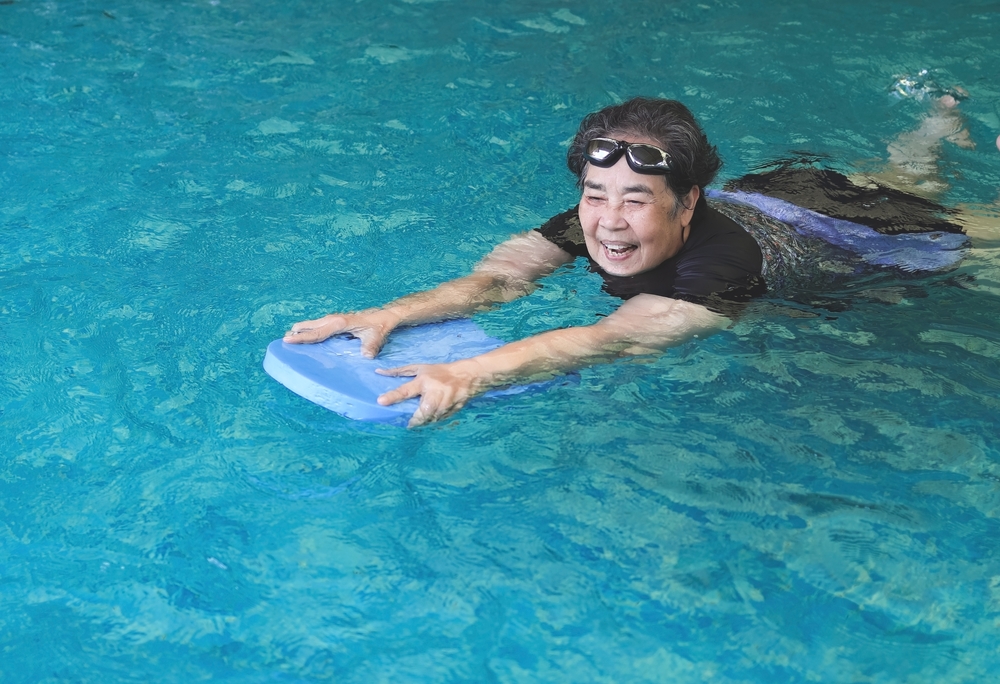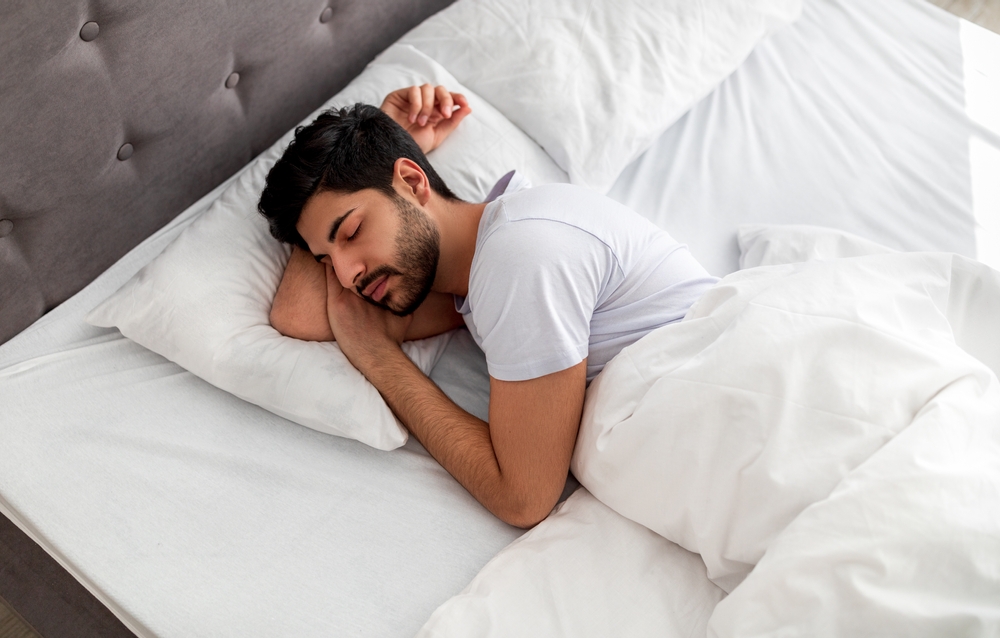February is Heart Month, a perfect time to focus on protecting and improving your heart health and forming habits for a healthy heart. Did you know that almost 3.5 million people in Canada live with heart disease or stroke, and that nine in ten have at least one risk factor for both? Luckily, around 80% of premature heart disease and stroke can be prevented through healthy behaviours like being physically active and getting enough sleep.
How physical activity benefits your heart
Scientists have known about physical activity’s ability to protect heart health for many decades. Back in the 1950s, a study done in London, England found that double-decker bus conductors, who spent their workdays walking up and down aisles and climbing steps, had lower coronary heart disease rates than drivers, who spent their workdays being sedentary. Since then, a strong link between physical activity and heart disease has been found time and time again.
Regular moderate-to-vigorous physical activity (MVPA) – movement that’s intense enough to raise your heart rate and body temperature – makes your heart muscle stronger, improving its ability to pump blood to your lungs and throughout your body. This means more blood flows to your muscles and your blood oxygen levels increase. Your capillaries (tiny blood vessels) also get wider, allowing them to send more oxygen to your body and take away waste products.
Research has shown that physical activity enhances the cardiorespiratory system, raises HDL (“good”) cholesterol, improves blood sugar control, and lowers heart rate and blood pressure. Physical activity can also significantly reduce your risk of heart disease and stroke, and prevent and control risk factors for both, like high blood pressure, high cholesterol, type 2 diabetes, osteoporosis, certain cancers and obesity.

How much physical activity unlocks heart health benefits?
According to the Canadian 24-Hour Movement Guidelines, adults should aim to get 150 minutes of weekly MVPA, including muscle-strengthening activities at least twice a week. However, any amount of physical activity is better than nothing, especially if you already have a type of heart disease. Several studies have found that heart patients who take part in exercise programs live much longer than those in non-exercise programs. One study also found that heart failure patients who participated in an exercise program had a 25% lower chance of being hospitalized again.

What physical activities are especially good for your heart health?
- Aerobic activities such as running, swimming, brisk walking or wheeling, cycling, tennis, basketball or yard work.
- Muscle-strengthening activities like weightlifting, using resistance bands, bodyweight exercises like yoga, sit-ups or pushups, and gardening involving lots of shoveling and digging
- For more ways to move for a healthy heart, check out this article or try our batch of fun, expert-led, motivating exercise videos that we partnered with YMCA Canada to create.
How does sleep affect heart health? Is getting good-quality sleep one of the key habits for a healthy heart?
The 24-Hour Movement Guidelines recommend that every night, adults get seven to nine hours of sleep, but according to our most recent Physical Activity Report Card, only 73% of adults meet these recommendations.
Lack of sleep can result in unhealthy habits that can harm your heart, including having less motivation to be physically active, making unhealthy food choices and experiencing higher levels of stress. In fact, adults who sleep for under seven hours per night are more likely to say they’ve had health problems, including high blood pressure, type 2 diabetes and obesity, that can all increase the risk of heart disease, heart attack and stroke.
Regular physical activity can support healthy sleep habits by reducing how much time it takes to fall asleep and improving your sleep quality and duration. In turn, a good night’s sleep will also help you stay active because you’ll have the energy to move for longer.
Do you or someone you know have difficulty falling or staying asleep? Read this article for helpful sleep tips.










